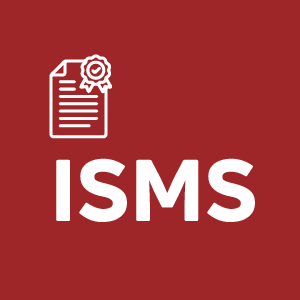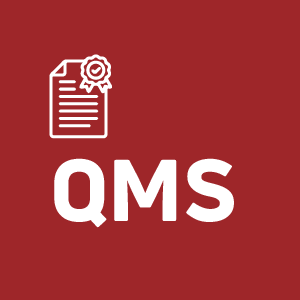Data optimization in business is a critical process that helps organizations make informed decisions and stay competitive.
By optimizing data usage, companies gain access to accurate, reliable, and timely information that supports growth. Furthermore, optimized data improves service delivery and customer satisfaction.
In this article, we explain the benefits of data optimization in business and share actionable tips for businesses to implement it effectively.
What is Data Optimization in Business?
Data optimization in business involves improving the quality, accessibility, and usability of company data. It ensures that decision makers rely on accurate and reliable information. Therefore, businesses can adapt quickly to market changes, identify risks, and capture new opportunities.
Optimized data also reduces redundancy and improves efficiency in operations. As a result, organizations save time, lower costs, and build stronger customer trust.
Why Data Optimization Matters for Companies
The importance of data optimization in business goes beyond better reports. Reliable data improves agility and flexibility in decision-making. Leaders can respond faster to customer needs and market shifts.
Moreover, data optimization strengthens collaboration across departments. Teams access consistent information, reducing errors and confusion. Consequently, businesses operate more efficiently and achieve long-term growth.
Benefits of Data Optimization in Business
1. Faster and Smarter Decisions
Accurate data ensures leaders make decisions confidently. They can quickly assess opportunities, evaluate risks, and respond to challenges.
2. Improved Revenue Insights
Optimized data highlights what drives revenue and what slows growth. Businesses can then adjust strategies and maximize profits.
3. Better Customer Experience
With reliable data, businesses deliver personalized services. As a result, customers feel valued, and loyalty increases.
4. Competitive Advantage
Companies using data optimization gain a clear edge over competitors. They operate more efficiently and anticipate industry trends faster.
How Businesses can Optimize their Data Usage
1. Clear Objectives: Identify specific goals that the business wants to achieve with data driven decisions. This ensures clarity of purpose, which is essential in the decision-making process.
2. Data Quality Assurance:
Ensure data accuracy and reliability by investing in
data quality processes and tools such as data cleansing, data profiling, and data validation.
3. Data Integration: Integrate data from various sources to gain a comprehensive view of business processes. This can be achieved through data warehousing, data lakes, and data virtualization.
4. Data Visualization: Use data visualization tools to make complex data more understandable and accessible to decision makers. This can include dashboards, charts, and graphs.
5. Continuous Learning: Foster a culture of continuous learning and adaptability, where employees are encouraged to use data for decision-making.
This can be achieved through training programs, workshops, and knowledge sharing.
6. Ethical Considerations: Handle data ethically and ensure compliance with data privacy regulations to maintain trust with customers and stakeholders.
This includes obtaining consent for data collection, implementing data security
measures, and anonymizing sensitive data
By optimizing data usage, businesses can benefit from real time service that meets customer expectations, produces more accurate and reliable data, and gain a competitive advantage in their industry.
Related: THE SIGNIFICANCE OF DATA-DRIVEN DECISION-MAKING IN BUSINESS
Signal Alliance Technology Holdings is a leading technology group in Africa with operations in Nigeria, other parts of Africa and the Middle East.
Its subsidiaries offer services spanning technology consulting, cloud technology,
business applications, cybersecurity, software development.
Its venture arm has incubated or seeded companies in diverse technology and non-technology verticals including retail, finance, advertising, renewable energy, agriculture, wellness.
The company was founded in 1996 as Signal Alliance and transitioned to Signal Alliance Technology Holding (SATH) in 2021.
















































































